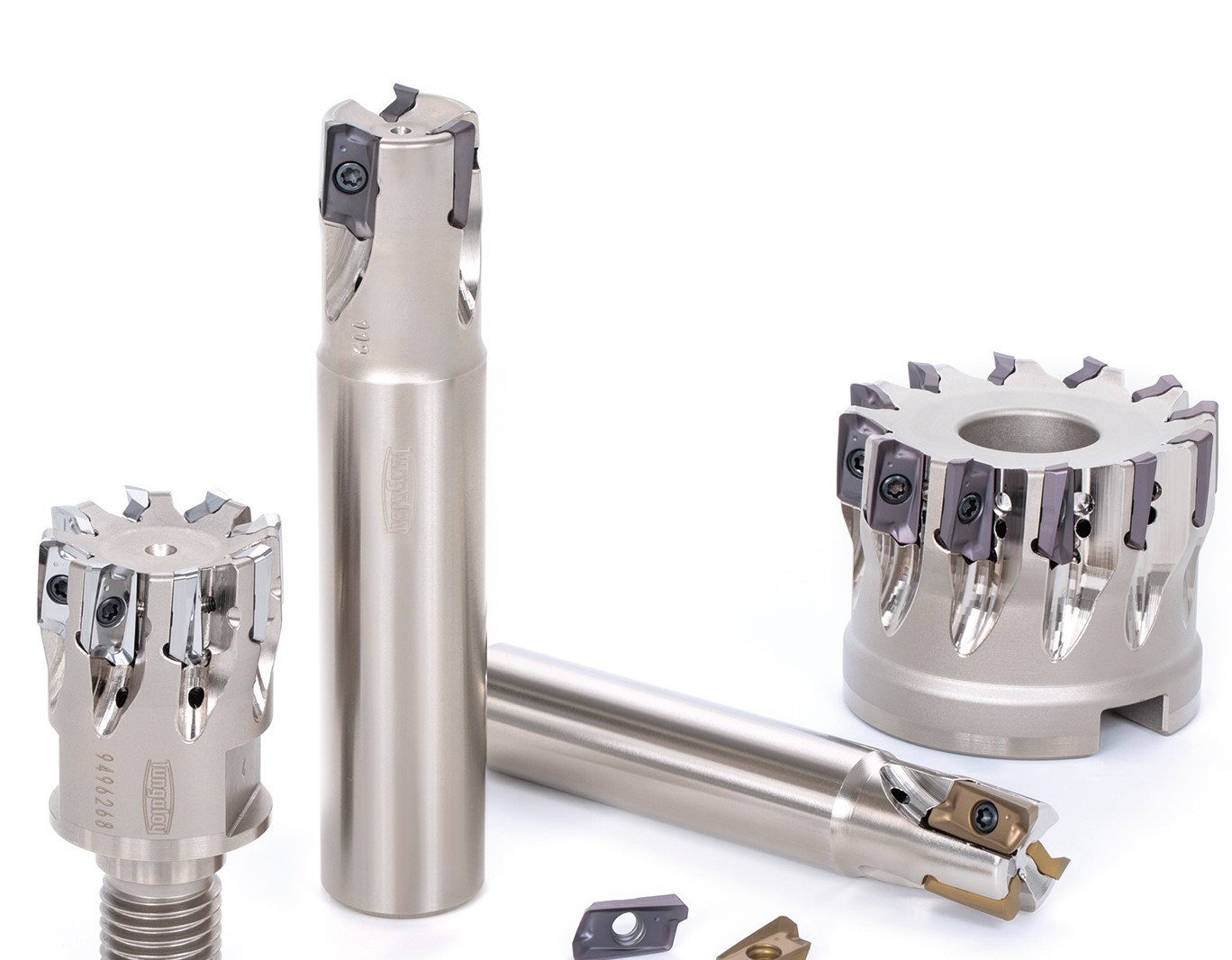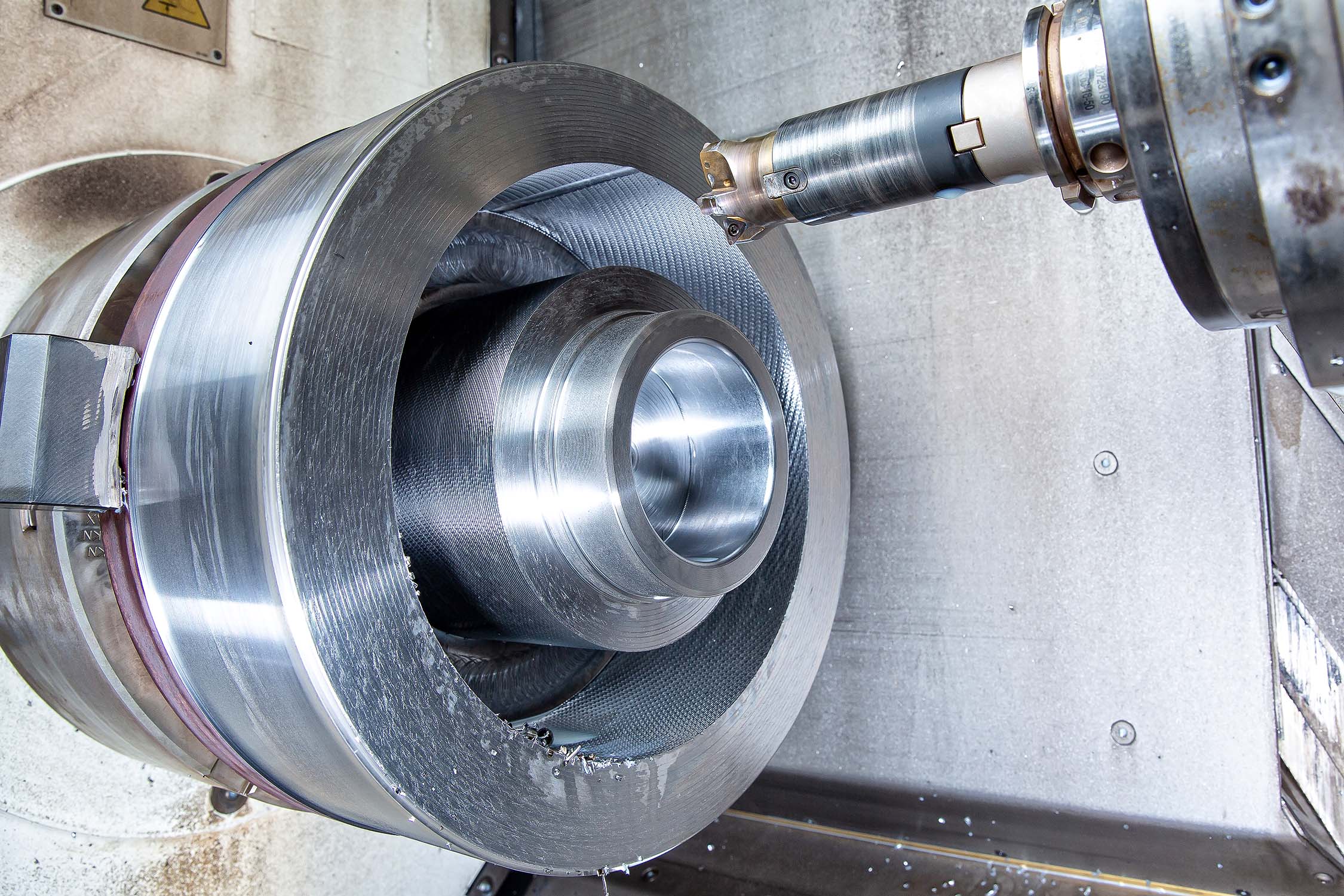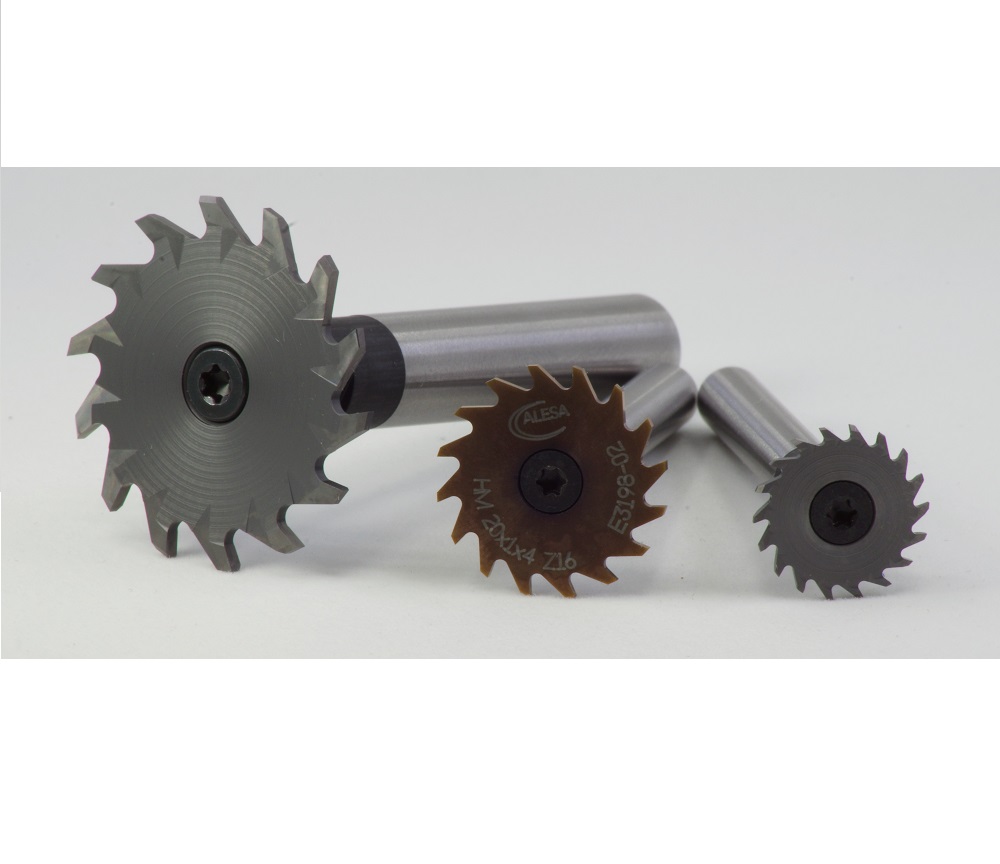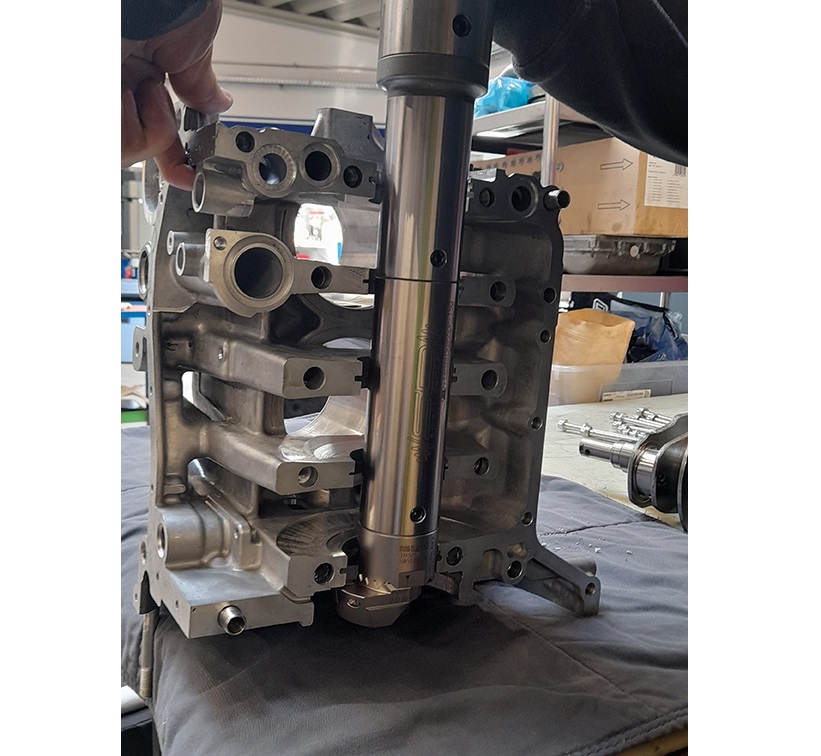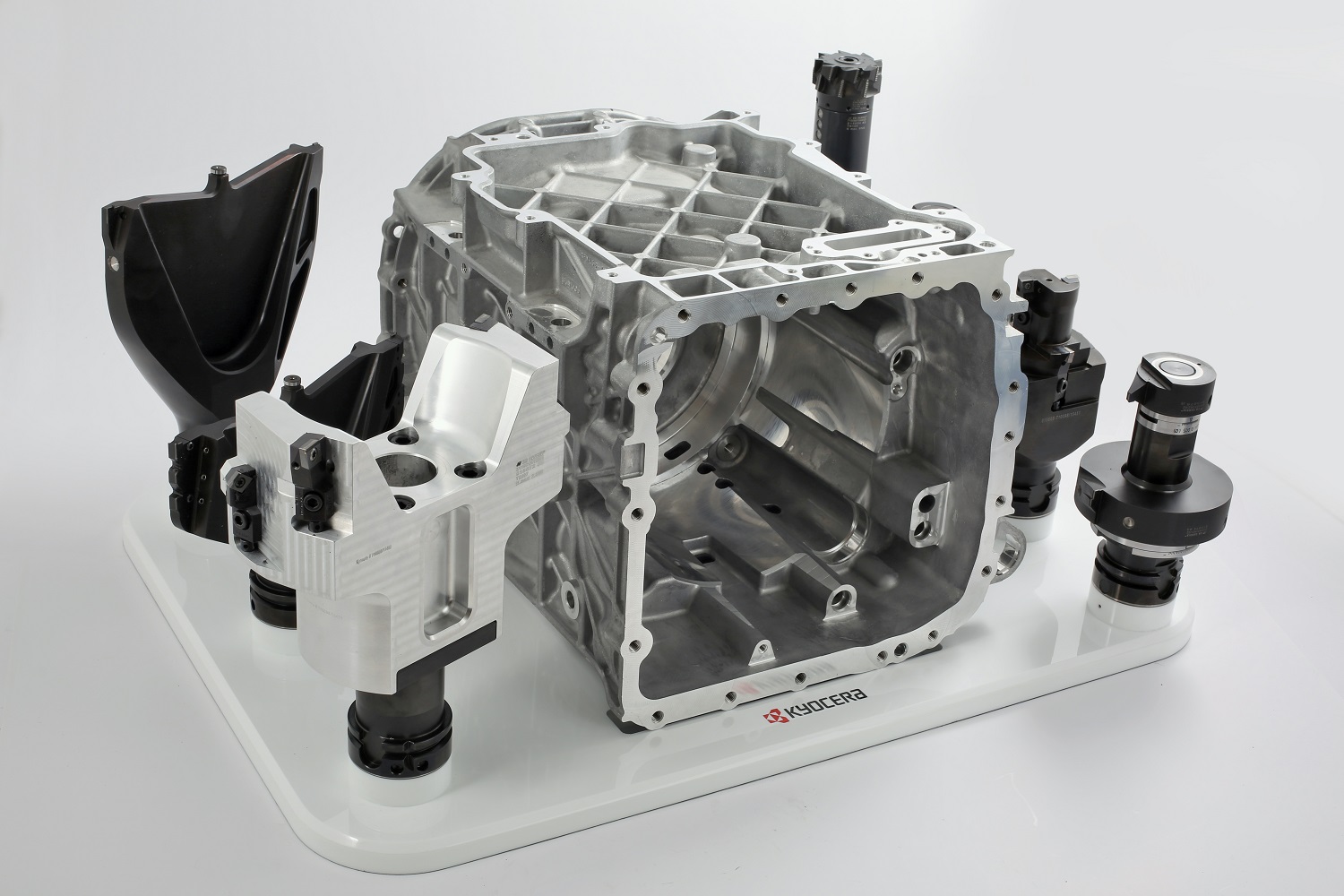Tungaloy has expanded its TungForce-Rec Series of square shoulder milling cutters to include size 12 inserts and associated tool bodies. The TungForce-Rec range is a high-density shoulder-milling cutter with a secure insert clamping system that boasts high process security. Incorporating all of the benefits of the existing size 06 V-bottom TungForce-Rec inserts, the new size 12 inserts offer an extended cutting edge length that is twice as long as the existing size 06 inserts. Suitable for shoulder milling, slotting, side milling, pocketing, ramping and trochoidal milling, the size 12 addition to the TungForce-Rec enables manufacturers to extend their machining parameters and material removal rates.
The TungForce-Rec size 12 tool body retains all of the characteristics of the smaller TungForce-Rec 06, including a particularly thick core diameter and heavily supported backing behind the insert. This thick core diameter delivers improved stability during machining, especially when cutting at elevated speeds, feeds and depths of cut. Likewise, increased support behind the insert permits the use of longer insert clamping screws. This design provides greater screw-thread engagement security that ensures tool reliability and longevity when using the TungForce-Rec at high metal removal rates. As a further point, this combination also reduces vibration and improves surface finishes and insert life when machining at increased cutting parameters.
Tungaloy’s new TungForce-Rec 12 boasts a 50% higher tooth density than competing shoulder milling cutters of the same size. For example, this gives a 16 mm diameter cutter three insert pockets, while a 50 mm diameter tool can accommodate 12 inserts. The development allows the new shoulder milling series to run at a higher feed rate than competitor products, reports Tungaloy.
For further information www.tungaloy.com






